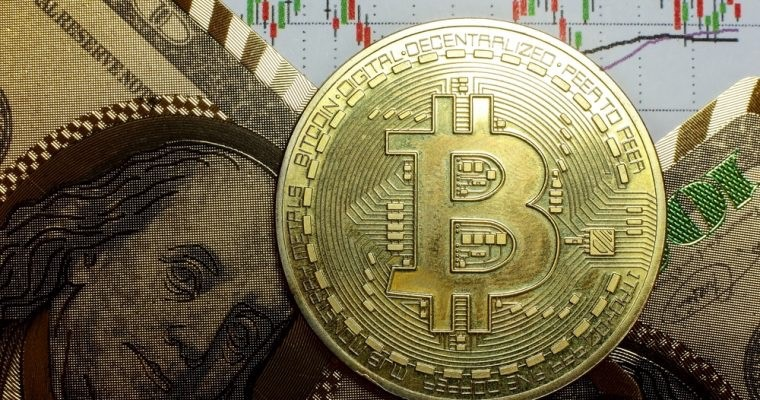BIS Extends Support to Global Central Banks to Create Their Own Digital Currency

Global banks are witnessing an urgency like never-before to have their own digital currency, notes the Bank for International Settlements (BIS). The BIS is the global financial institution owned by the global central banks to foster monetary and financial cooperation among themselves.
BIS chief Agustín Carstens told the Financial Times that the global organization supports the world’s central banks to have a digitized version of their own state currencies.
Carstens said: “Many central banks are working on it; we are working on it, supporting them. And it might be that it is sooner than we think that there is a market and we need to be able to provide central bank digital currencies.”
Previously, some of the global central banks like Sweden’s Riskbank said that they are working on the idea of having their own digital currency. This would give the public an direct access to the central bank money against the current framework which allows only private sector to borrow directly from the monetary authorities.
The latest decision from BIS comes after Facebook announced its Libra cryptocurrency last month. The launch of Libra is seen as a major threat by many global banks who fear that Facebook can pose a huge competition in the payments market.
In an extract on digital currencies, BIS states that the coins developed by tech giants could “rapidly establish a dominant position” in the global financial market and pose a threat to their stability and social welfare.
Mr. Carstens also raised some question with respect to consumer data and privacy protection. He added that the first step should be to regulate the market with anti money-laundering rules which is one of the most imminent and obvious threat ahead.
However, Mr. Carstens adds that there needs to be enough evidence and demand for central bank digital currencies before proceeding on such a huge project.
“There needs to be evidence for demand for central bank digital currencies and it is not clear that the demand is there yet,” he said. “Perhaps people can do what they want by using electronic wallets provided by banks or fintech companies. It depends on the development of payment systems.”


